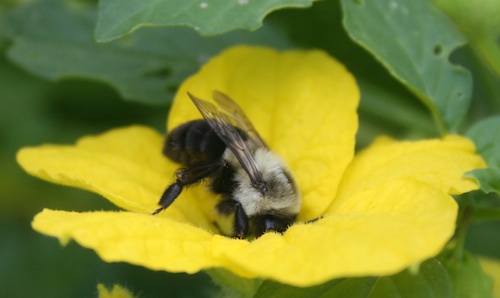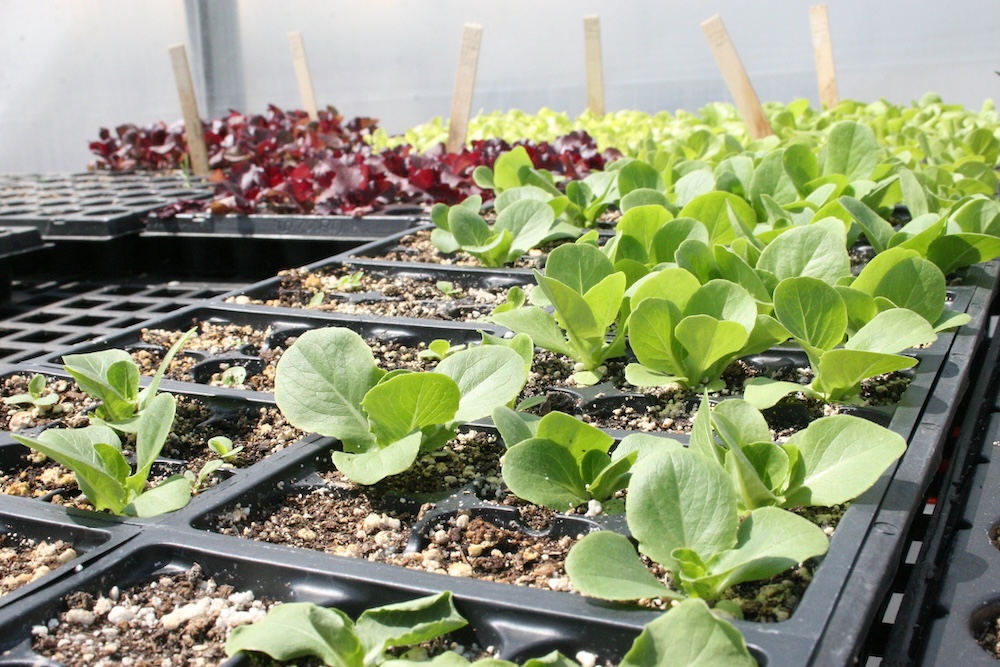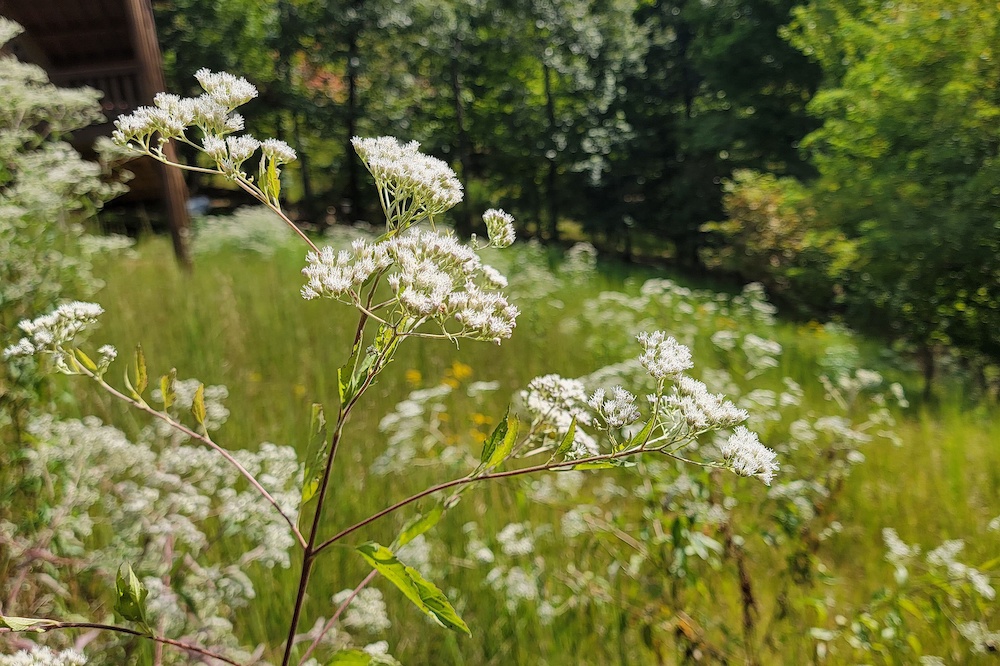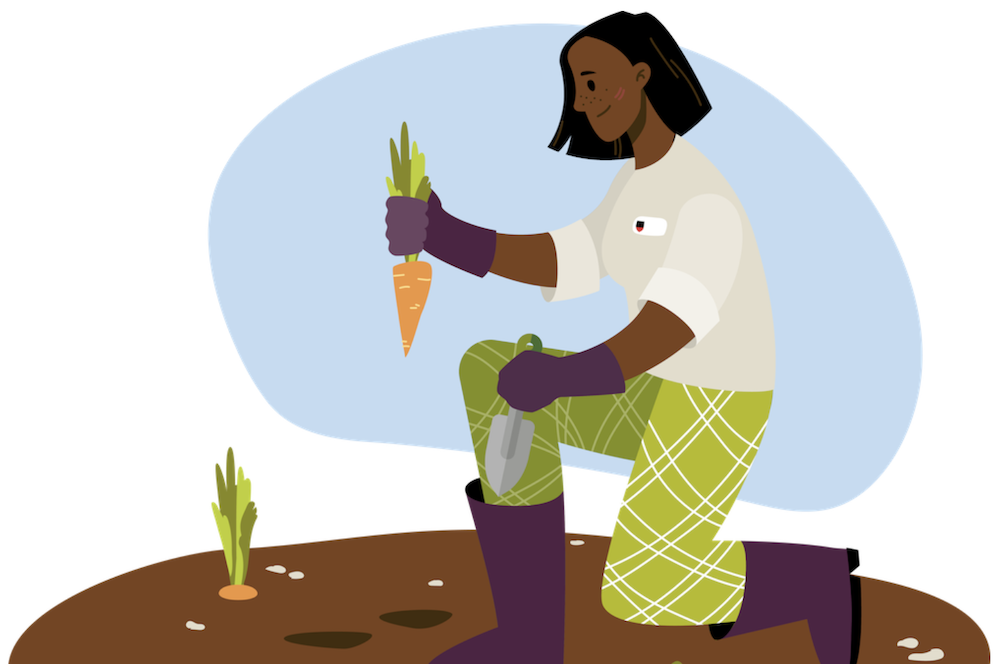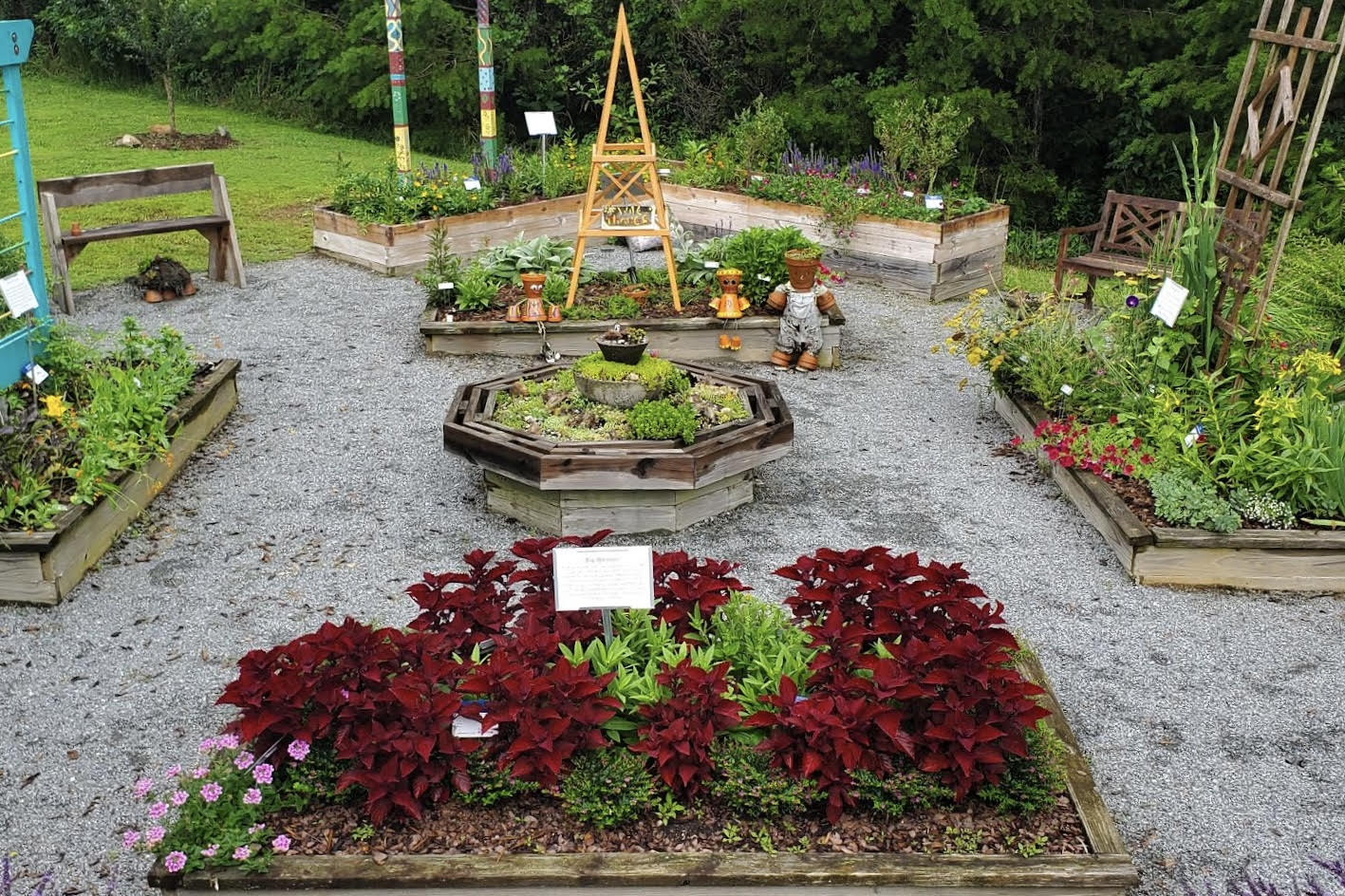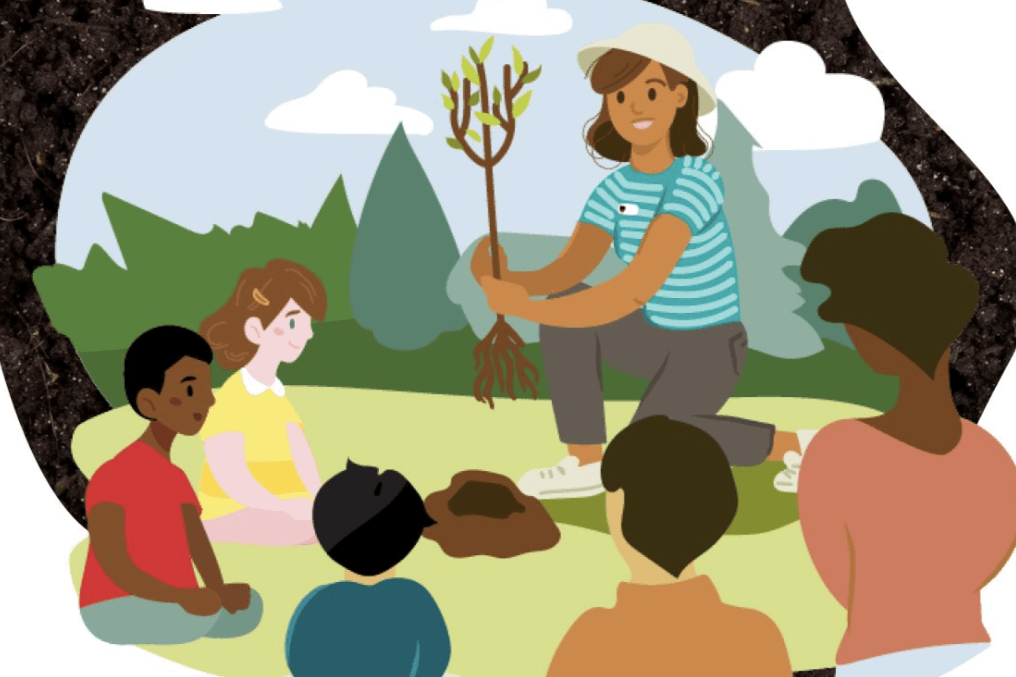There is nothing more frustrating than planting a vegetable garden and not producing a substantial crop. Numerous problems can contribute to low yields, but, fortunately, most of them can be avoided.
Most vegetable crops require at least 60 to 120 days from planting to producing fruits. Keep this in mind when planning your garden.
When planting outdoors, it is virtually impossible to have vine-ripe tomatoes in early May because Georgia’s last frost dates come in April. Nor can you expect pumpkins in October if the vines were planted after early August.
An issue that goes hand-in-hand with the time of year is the plant’s age. Young plants often don’t produce fruits from their first flowers. On squash and zucchini plants, the first flowers are often all male and won’t produce fruits. Plants may also produce sterile pollen or only male flowers during hot weather. Cold weather can also inhibit fruit production.
There is nothing that can be done to avoid these particular problems other than waiting for plants to mature or temperatures to change.
A lack of pollinating insects is another problem in the vegetable garden that can lead to poor fruit-set or misshapen fruits. Flowers need to be visited several times for complete pollination. This is a very frustrating problem because it is more difficult for a homeowner to remedy. While you can start your own or rent a beehive, this is often not financially feasible and may not be allowed in your neighborhood.
Home gardeners often over-fertilize with liquid fertilizers that are high in nitrogen. An abundance of nitrogen encourages plants to grow leaves, not fruit. Most people would prefer to eat a large tomato rather than a large leaf. To remedy this situation, wait for the nitrogen to be taken up by the plant or leached out of the soil.
Before the gardening season begins, always get your soil tested. Kits are available at your county University of Georgia Extension office. Follow the directions for collecting the sample, return the sample bag to the agent and a list of recommendations based on the test will be returned to you by mail or email.
When fertilizing the vegetable garden, always follow the recommendations from your soil sample results. These results can also be targeted for optimum growth in your vegetable garden.
Water, both too much and too little, is one of the most common issues home gardeners run into when vegetable gardening. Too little water can create a stunted plant with few flowers and can cause the plant to drop both flowers and immature fruits. Too much water can cause roots to rot and fruits to drop.
An additional problem with watering is uneven watering, which can lead to fruit drop but more commonly leads to fruit cracking and blossom end rot. Blossom end rot is more common when fruits are young. Fruit cracking is more common when fruits are ripe or very close to ripening. Both blossom end rot and fruit cracking are aesthetic problems. The fruits are still edible, just not as attractive.
To keep the plant roots cooler and the moisture more even, cover the soil with at least three inches of mulch. This will help to reduce the incidence of both blossom end rot and fruit cracking.
Many minor problems can affect the quantity and quality of produce from your backyard garden. The good news is that the majority of these problems are easy to remedy.
For more vegetable gardening information, call your UGA Extension office at 1-800-ASK-UGA1.

